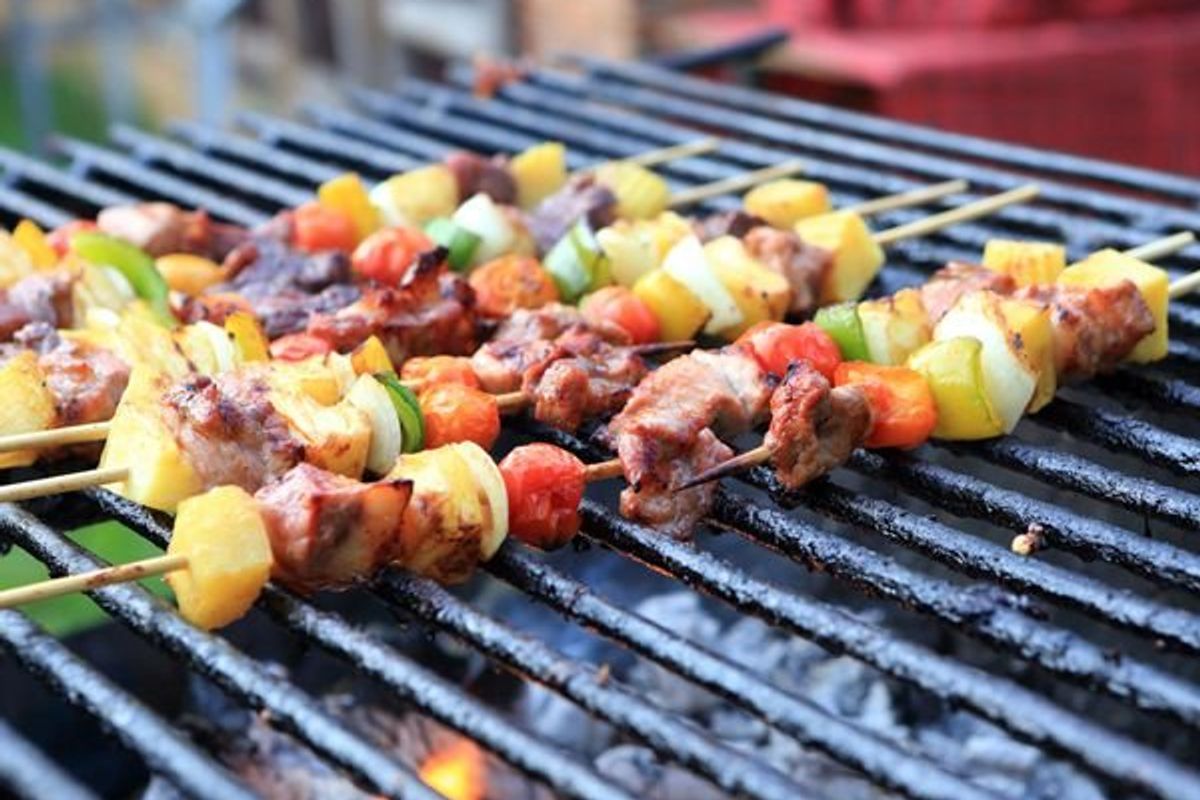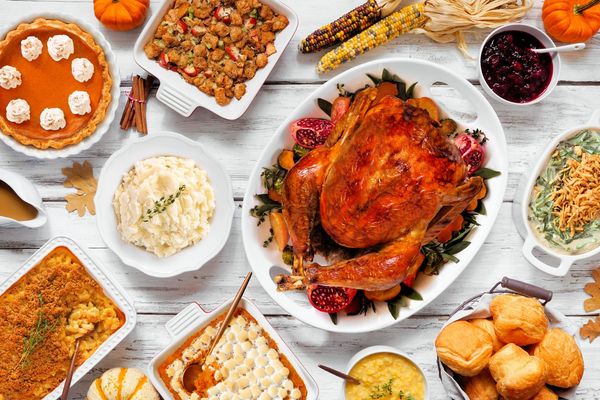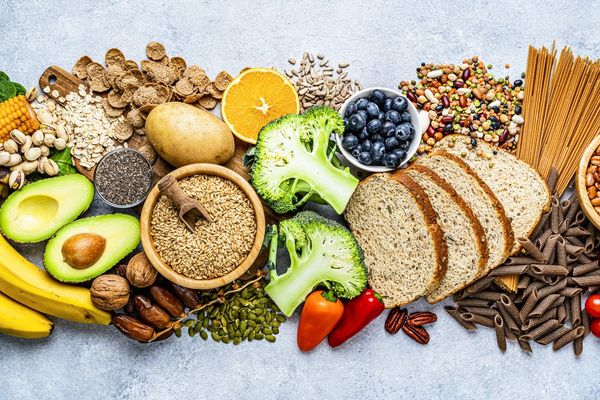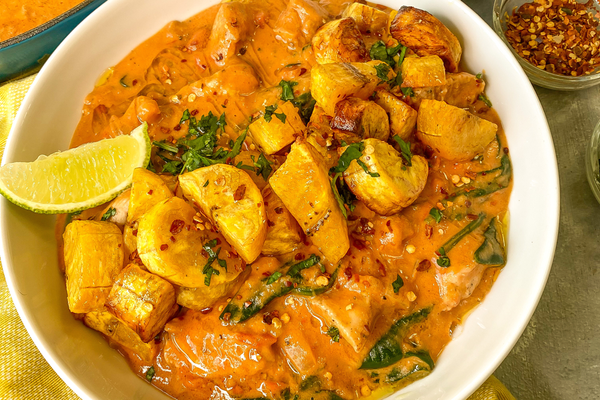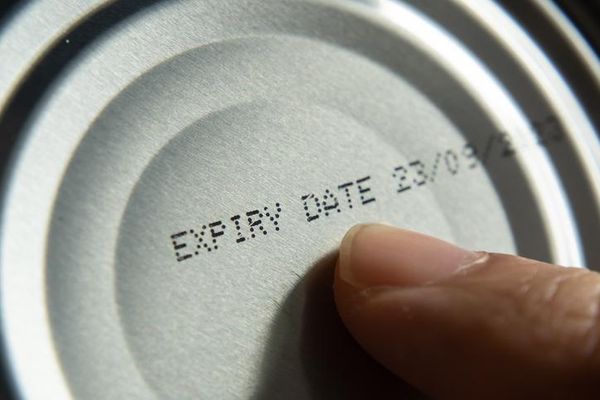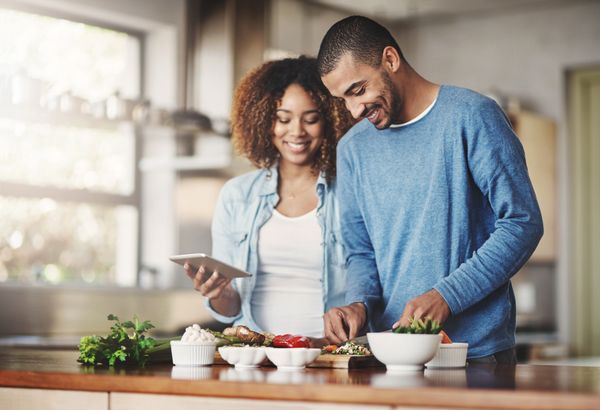Summer is grilling season for most of us, but all that sizzle and smoke on the grill can contribute cancer-causing chemicals, say experts at Dana-Farber Cancer Institute in Boston. Those heat-generated chemicals have been linked to breast, stomach, prostate and colon cancer, according to the American Institute for Cancer Research.
There are two cancer-related risk factors from grilling. Whether you're using a gas or charcoal grill, research has shown that high-heat grilling can convert proteins in red meat, pork, poultry and fish into heterocyclic amines (HCAs), which are linked to several cancers.
Another cancer-causing agent, called polycyclic aromatic hydrocarbons (PAHs), forms when fat and juices from animal products drip on the heat source. As the smoke rises, it can stick to the food and be consumed. "That's where the main cancer causing compound occurs in grilling," says Stacy Kennedy, MPH, RD, CSO, LDN, a Dana-Farber nutritionist. "So you want to reduce the exposure to that smoke."
Here are some tips to help you enjoy grilling without raising your cancer risk.
Plan ahead and choose wisely
- Choose lean cuts of meat and poultry, such as eye-of-round roast or steak, top sirloin steak, low-fat ground beef, pork tenderloin, low-fat ground turkey or chicken breasts; these drip less and less smoke. Avoid high-fat meats such as ribs and sausage.
- Use small portions of meat, like kabobs, which take less time to cook.
- Grill your favorite vegetables. They do not contain the protein that forms harmful HCAs and are OK to eat, even if they're charred.
Prep the meat
- Trim excess fat and remove poultry skin.
- When using marinades, avoid thicker ones that tend to “char,” possibly increasing exposure to carcinogenic compounds.
- Use marinades that contain vinegar and/or lemon, which create a protective barrier around the meat.
Limit grill time
- Always thaw meat before cooking.
- Partially cook meat and fish in the microwave for 60 to 90 seconds on high before grilling and discard the juices. This decreases grilling time and reduces risk of smoke flare-ups.
Grilling techniques
- Flip hamburgers once every minute to help prevent burning or charring.
- Grill food at least six inches from the heat source.
- Create a barrier to prevent juices from dripping on the heat source and creating harmful smoke. Try lining the grill with aluminum foil and poking holes or cooking on cedar planks.
And finally, remember to keep this in perspective. "If you're grilling and following the proper safety tips, the risk of getting cancer from grilling food is very low," Kennedy says. It's more important to maintain a healthy weight and eat a balanced diet, rich in fruits and vegetables. "Being overweight or obese, which are at epidemic levels in the U.S., are far greater risk factors for developing cancer than the consumption of grilled foods," she says.
For some healthy summer barbecue recipes, visit HealthyWomen's recipes or Dana-Farber's nutrition pages.

